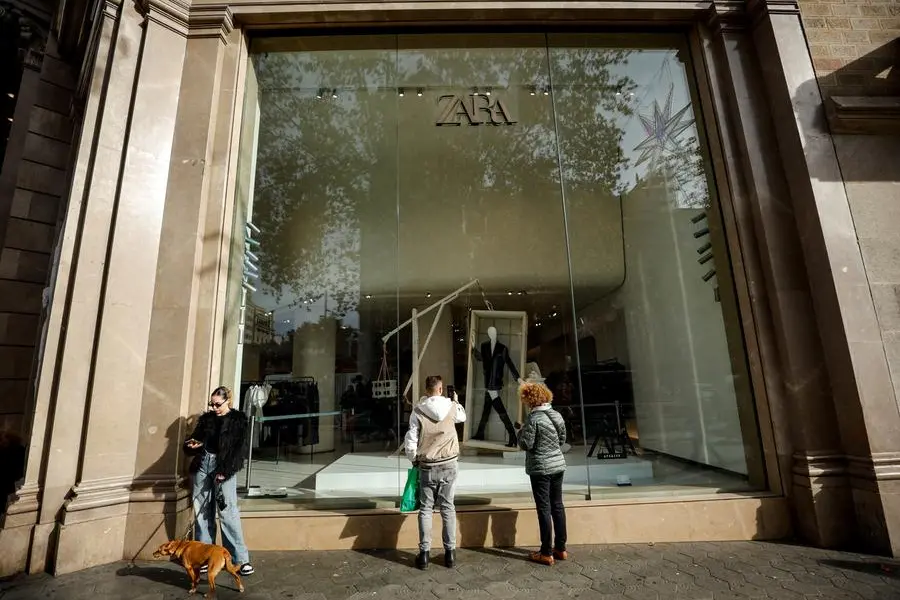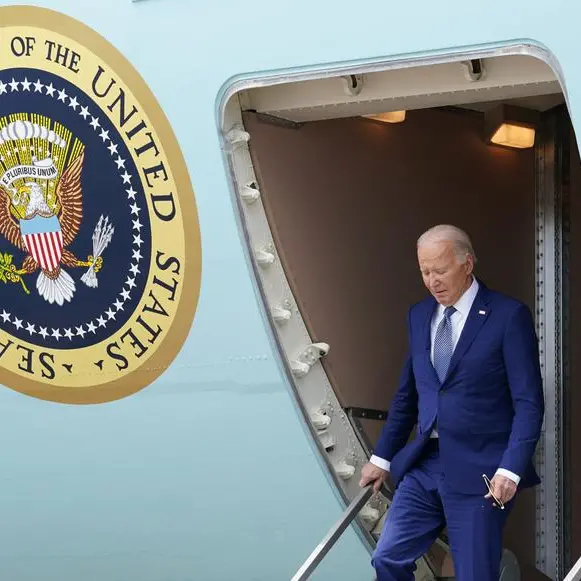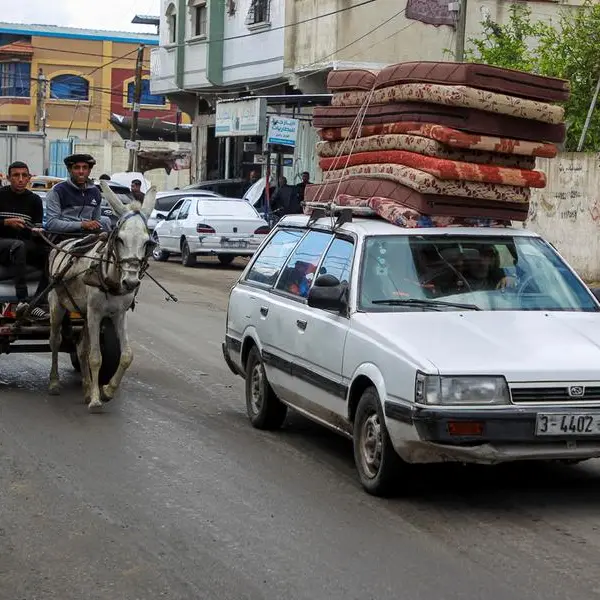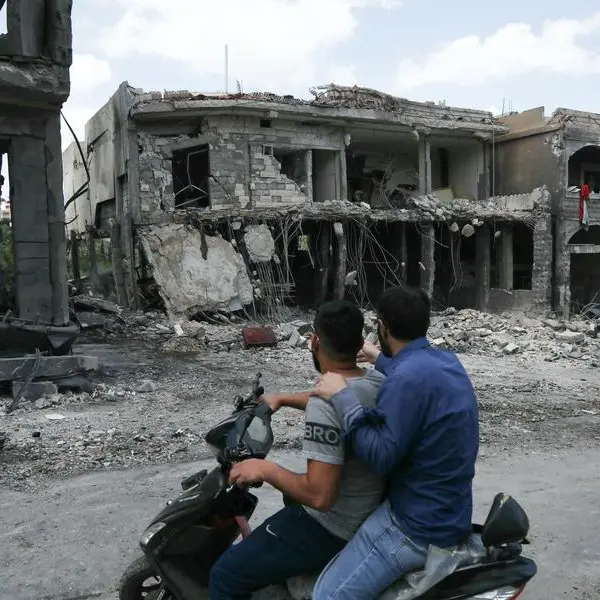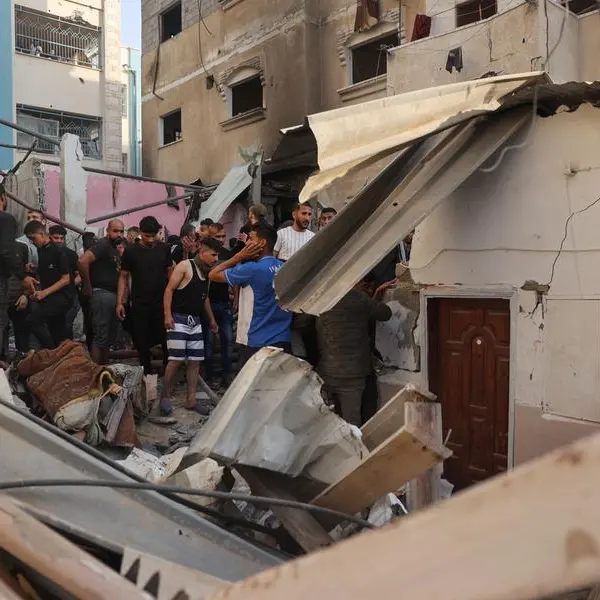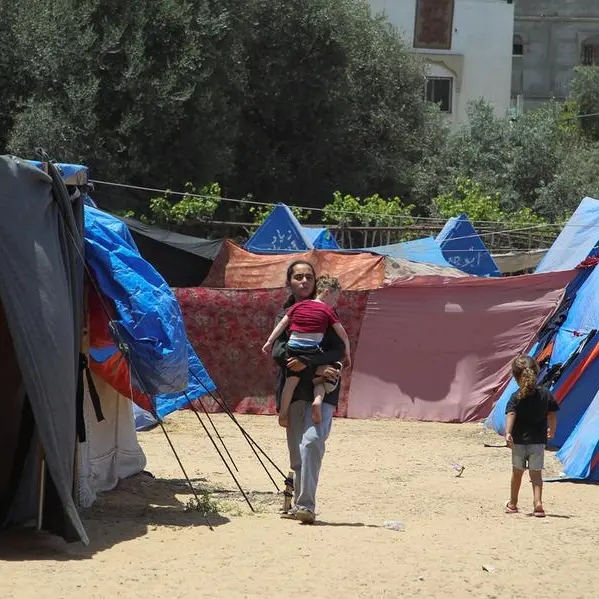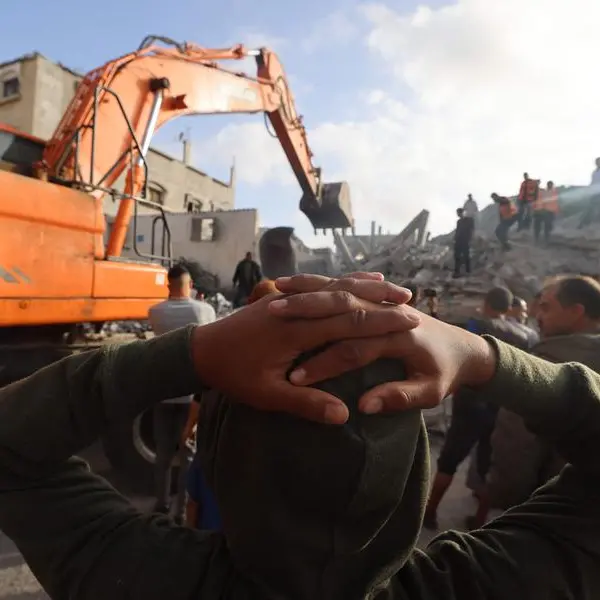PHOTO
MADRID/LONDON: Zara pulled an advertising campaign featuring mannequins with missing limbs and statues wrapped in white from the front page of its website and app on Monday after it prompted calls by some pro-Palestine activists for a boycott of the fashion retailer.
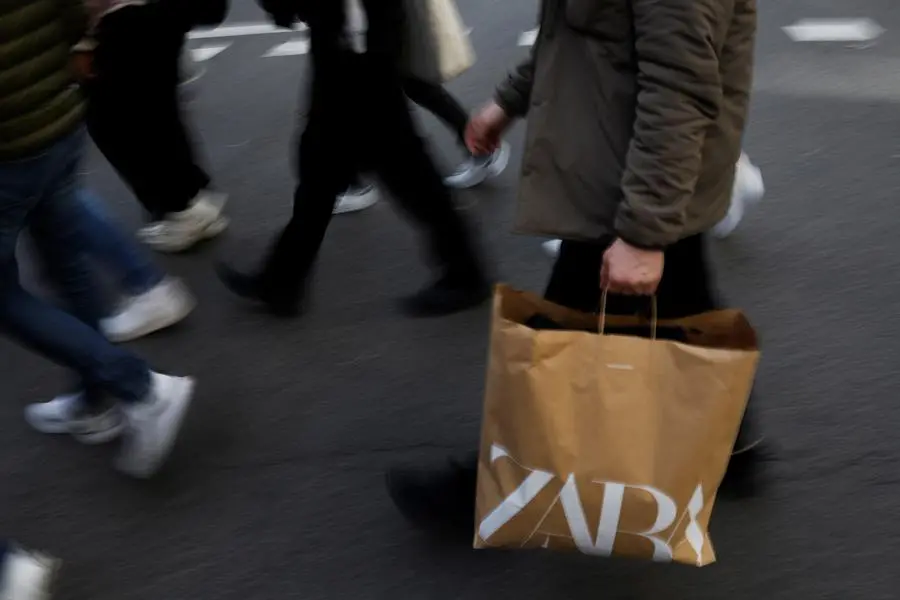

Inditex, which owns Zara, said the change was part of its normal procedure of refreshing content. It did not comment on the boycott calls, but said the "Atelier" collection was conceived in July and the photos were taken in September. The war between Israel and Hamas began after Oct. 7
Zara's Instagram account saw tens of thousands of comments posted about the photos, many with Palestinian flags, while "#BoycottZara" was trending on messaging platform X.


In one of the photos a model is pictured carrying a mannequin wrapped in white, in another a bust lies on the floor and another features a mannequin with no arms. Critics said they resembled photos of corpses in white shrouds in Gaza.
Zara said at the launch of the collection on Dec. 7 that it was inspired by men's tailoring from past centuries. The photos appear to show an artist studio with ladders, packing materials, wooden crates and cranes, and assistants wearing overalls.


The reaction highlights heightened sensitivity international brands are navigating as fighting across Gaza intensifies and calls for company boycotts rise. The CEO of Web Summit resigned in October after comments he made on the Israel-Hamas conflict.
The photos, which featured on Zara's online store home page on Monday morning, were no longer visible on the website or on its app by 1230 GMT.
A link on the UK website to Zara Atelier led to a page showcasing last year's collection.
The collection, of six jackets, is one of Zara's most expensive, priced from $229 for a grey wool blazer with chunky knit sleeves, to $799 for a studded leather jacket.
It's not the first time an advertising campaign has landed a fashion label in controversy.


French luxury group Kering last year set up a group level position to oversee brand safety after advertising images from its label Balenciaga featuring children sparked a backlash that dented sales.
Dolce & Gabbana was removed from ecommerce sites in China in 2018 after a campaign showing models struggling to eat typical Italian food with chopsticks -- decried as racist by local celebrities and social media.
Zara last year came under fire from some Palestinians and Israelis after the head of the retailer's local franchise in Israel hosted a campaign event for an ultranationalist politician. (Reporting by Corina Pons in Madrid, Helen Reid in London, and Mimosa Spencer in Paris; Editing by Alexander Smith and David Evans)
